- Home
- Dinosaur Games
- Dinosaur Bone Digging
Dinosaur Bone Digging
Other Dinosaur Games

Dino Game
Chrome Games, Dinosaur Games, Jumping Games, Running Games, Browser Games
Play

Santa T-Rex Run
Chrome Games, Dinosaur Games, Jumping Games, Running Games, Browser Games
Play

Dino Go
Chrome Games, Dinosaur Games
Play
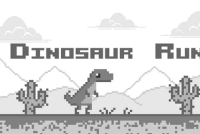
Dinosaur Run
Chrome Games, Dinosaur Games, Jumping Games, Running Games, Browser Games
Play

Dino Game Offline
Chrome Games, Dinosaur Games, Jumping Games, Running Games, Browser Games
Play
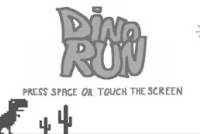
Dino Run
Chrome Games, Dinosaur Games, Jumping Games, Running Games, Browser Games
Play

Escape Heroes
Dinosaur Games
Play

Dinosaur Game Offline
Chrome Games, Dinosaur Games, Jumping Games, Running Games, Browser Games
Play
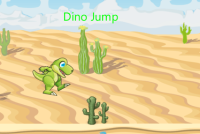
Dino Jump
Dinosaur Games, Running Games
Play
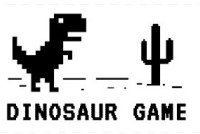
Dinosaur Game
Chrome Games, Dinosaur Games, Jumping Games, Running Games, Browser Games
Play

Bike Blast
Dinosaur Games
Play

Dino Drago
Dinosaur Games, Jumping Games
Play

Blox Obby
Dinosaur Games
Play

Rabbids Wild Race
Dinosaur Games
Play

Dino Rush
Dinosaur Games
Play

Dinosaur Hunter
Dinosaur Games, Jumping Games
Play

Match Dinosaurs
Dinosaur Games
Play

Dino Rock
Dinosaur Games
Play
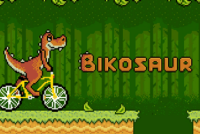
Bikosaur
Dinosaur Games
Play

Giant Rush
Dinosaur Games
Play
Categories & Tags
Dinosaur Bone Digging is an engaging and educational activity that allows enthusiasts to experience the thrill of paleontology firsthand. This activity involves the excavation and study of dinosaur fossils, offering a glimpse into prehistoric life and the methods used by scientists to uncover ancient remains. It can be both a recreational pastime and a serious scientific endeavor, appealing to individuals of all ages.
Overview of Dinosaur Bone Digging
Dinosaur Bone Digging simulates the process of excavating dinosaur fossils, which provides participants with a hands-on learning experience about the methods and tools used by paleontologists. This activity is popular in educational settings, such as museums and science centers, as well as in specialized excavation sites.
How It Works
Participants in Dinosaur Bone Digging typically follow these steps:
- Preparation: Before starting, participants are briefed on safety measures and the use of excavation tools. They are usually provided with protective gear, such as gloves and goggles.
- Excavation Site: The digging takes place in a designated excavation area, which may be a simulated dig site in a sandbox or an actual archaeological field site.
- Tools and Techniques: Using tools such as brushes, trowels, and small picks, participants carefully uncover fossilized bones from the surrounding sediment. Precision and patience are key.
- Identification: Once the bones are uncovered, they are examined and identified. Participants may receive guidance from experts on how to recognize different types of dinosaur bones and their significance.
Educational Aspects
Dinosaur Bone Digging offers valuable educational benefits, including:
- Understanding Paleontology: Participants gain insight into the field of paleontology, learning about the techniques and tools used in fossil excavation.
- Learning About Dinosaurs: The activity provides information about different Dinosaur Game species, their habitats, and their significance in Earth's history.
- Developing Skills: Participants develop skills in observation, patience, and precision, which are important in both scientific research and everyday tasks.
Discuss: Dinosaur Bone Digging
Play New Games

Run Royale Knockout
Jumping Games
Play

Blox Obby
Dinosaur Games
Play
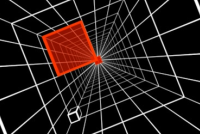
Double Cubes
Running Games
Play

Escape from Aztec
Browser Games
Play

Escape Heroes
Dinosaur Games
Play

Roller Coaster
Jumping Games
Play

Toon Infinite Runner
Browser Games
Play

Christmas Imposter Run
Chrome Games
Play

Shortcut Run
Jumping Games
Play

2048 Cube Run
Running Games
Play

Train Surfers
Chrome Games
Play

Bike Blast
Dinosaur Games
Play
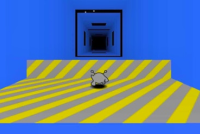
Run 3
Running Games
Play

100 Metres Race
Browser Games
Play

Rabbids Wild Race
Dinosaur Games
Play
Hyper Pixel
Jumping Games
Play

Challenge the Runners
Browser Games
Play

Super World Adventure
Chrome Games
Play

Spider Swing Manhattan
Jumping Games
Play

Fallingman.io
Running Games
Play
